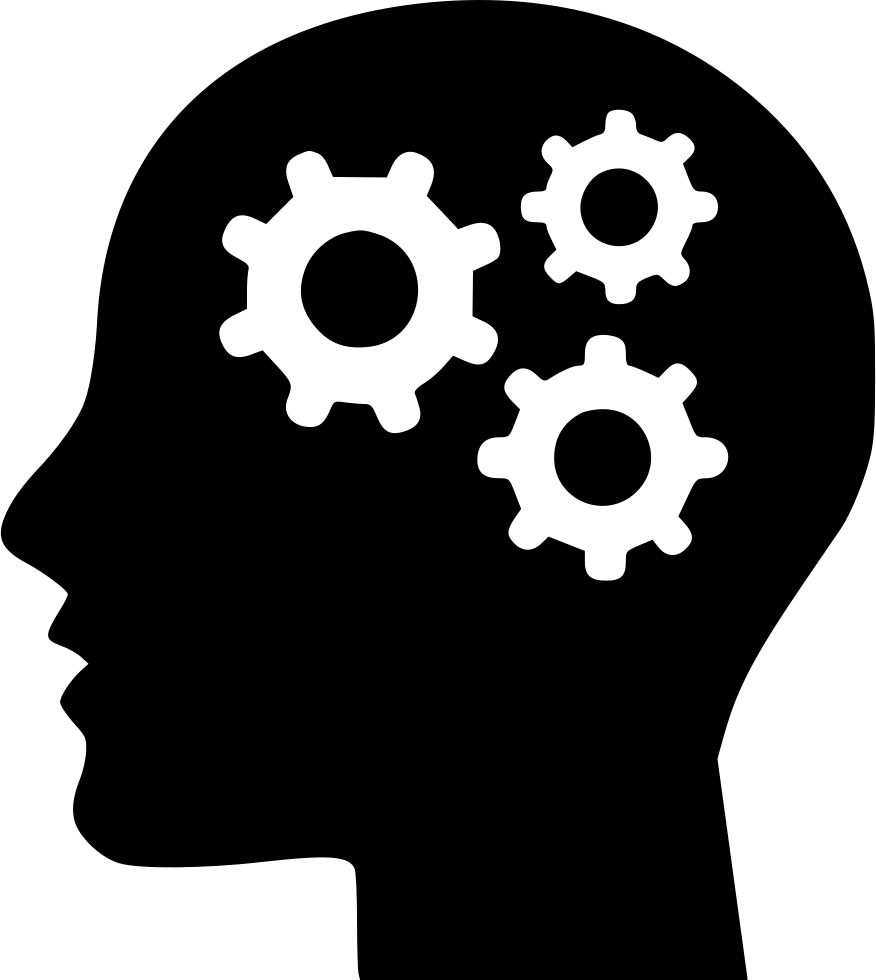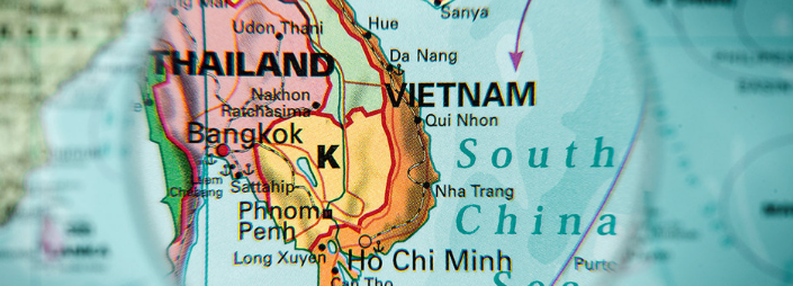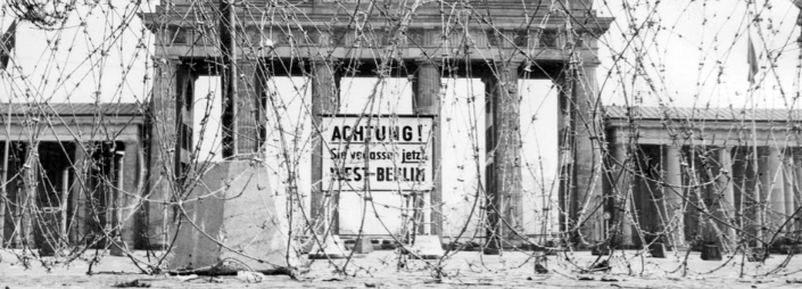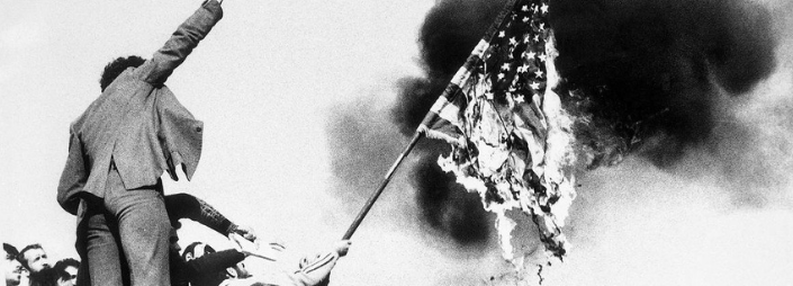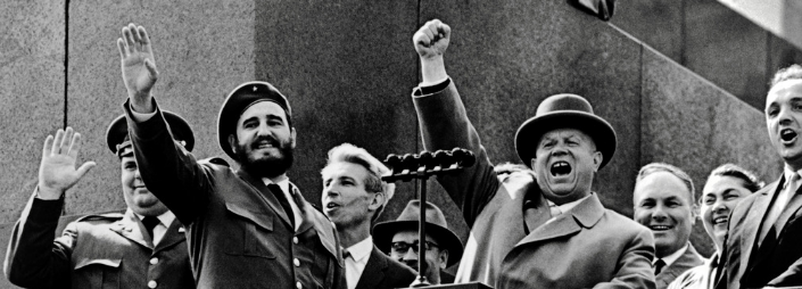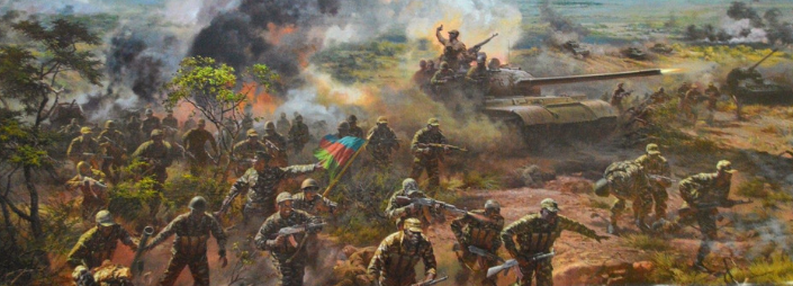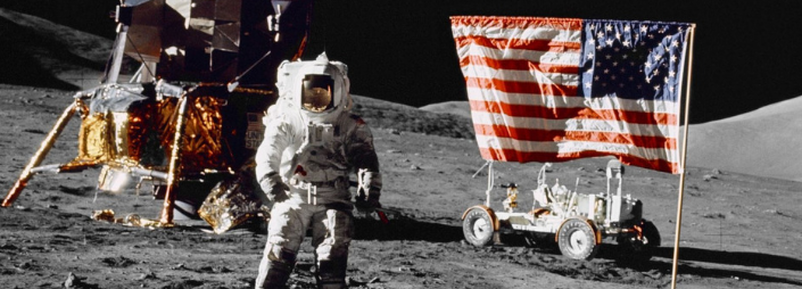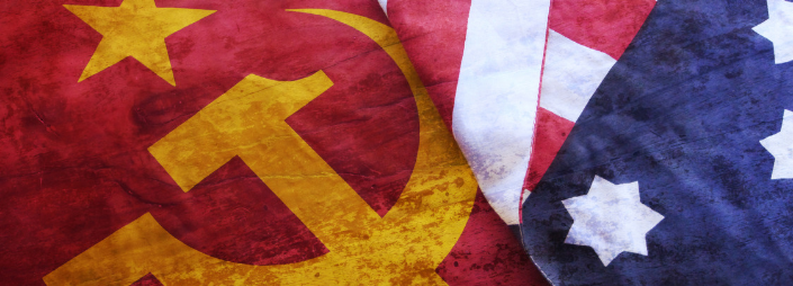Unit Outline
Whilst the Cold War may have begun in Europe, it soon spread to other regions in the world. This unit examines the global nature of the Cold War, exploring how competition escalated tensions across regions and across time, as seen in its key conflicts. As well as exploring the specific flashpoint crises in each region, this unit also compares and contrasts the effectiveness of superpower policies in each region.
Viewed primarily through the lens of containment and confrontation, both superpowers sought to protect their own spheres of influence in each region. Yet as the Cold War developed, the bipolar nature of global power dragged smaller nations into their orbit. This resulted in growing conflict as these spheres of influence soon began to spread out, resulting in proxy conflicts and crises. As such, the statement of inquiry for this unit is:
Viewed primarily through the lens of containment and confrontation, both superpowers sought to protect their own spheres of influence in each region. Yet as the Cold War developed, the bipolar nature of global power dragged smaller nations into their orbit. This resulted in growing conflict as these spheres of influence soon began to spread out, resulting in proxy conflicts and crises. As such, the statement of inquiry for this unit is:
|
statement of inquiry
Competition between states can result in increasing conflicts and crises over time unless tensions are contained
global context
Orientation in Time and Space (Scale, duration, frequency and variability) - Students will explore personal histories; homes and journeys; turning points in humankind; discoveries; explorations and migrations of humankind; the relationships between, and the interconnectedness of, individuals and civilisations, from personal, local and global perspectives.
key history concept
Change - The study of history involves investigation of the extent to which people and events bring about change. Discussion of the concept of change can encourage sophisticated discussions such as encouraging students to think about, and look for, change where some claim none exists, or using evidence to challenge orthodox theories and assumptions about people and events that it is claimed led to significant change. Students’ questions and judgments about historical change should be based on deep understanding of content and on comparison of the situation before and after the events under examination.
related history concept(s)
Conflict - Conflict can develop from inequalities in distribution of power and may manifest itself in many forms: protracted disagreements or arguments; prolonged armed struggles; clashes of opposing feelings or needs; serious incompatibilities between two or more opinions, principles, or interests. Historians study conflict between individuals and societies over time and across place and space, and they also examine how conflicts can be sources of continuity and catalysts for change.
|

